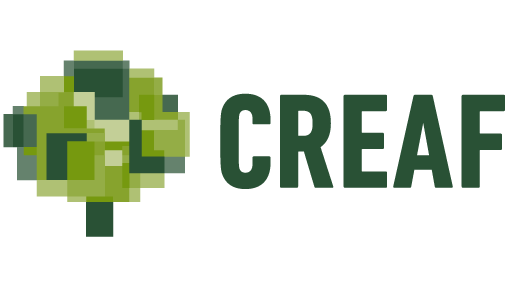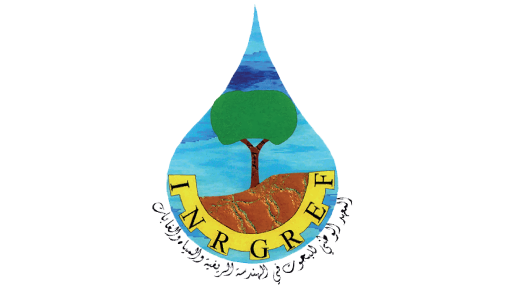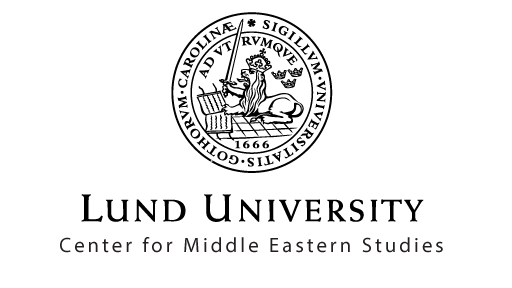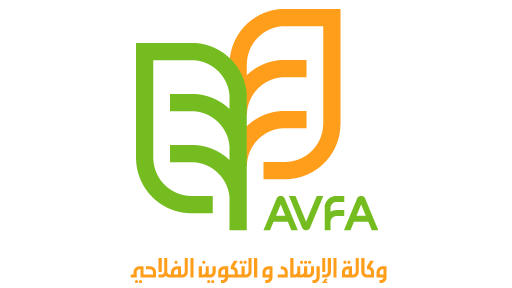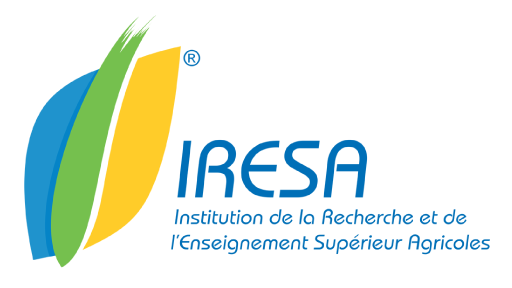Farm Advisory Services
The objective of FASTER is to support the Farm Advisory Systems sustainability in Tunisia by enabling the application of innovative solutions, sharing knowledge and best practices, and by mainstreaming research results and technology to local farmers and policy-makers linked to forestry and agricultural sectors who need to face climate change and related challenges.
To that end, the project FASTER provides a series of Farm Advisory Services for the targeted groups of interests. It includes the implementation of a Living Lab, the organization of a Summer School, and the establishment of a Knowledge Hub and an E-learning platform.
Learn more about the FASTER Living Lab, different activities, the stakeholders involved and the study area in the respective sections of this page.
Living Labs in general
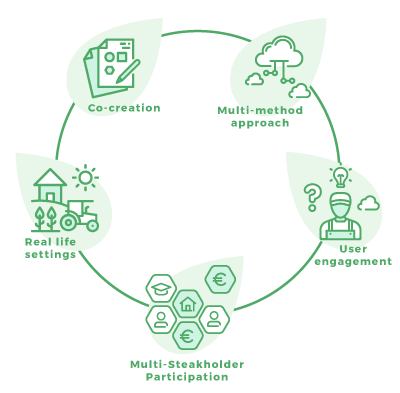
Characteristics of FASTER Living lab
FASTER Project Living lab focuses on knowledge transfer on adaptation to climate change strategies between researchers in the field of water, soil and forest management, and practitioners engaged in Farm Advisory System in Tunisia.
The living FAS-Lab is intended to provide an opportunity to take up the developed research knowledge into professional praxis, creating a dynamic tool for improved FAS implementation. The process would allow researchers and practitioners of different profiles to reflect on the challenges of adaptation and co-produce solutions.
The living lab to be developed as part of the FASTER project aims to:
Integrate research results
on adaptation into FAS.
Improve FAS as a tool
for adaptation.
Living Labs in practice
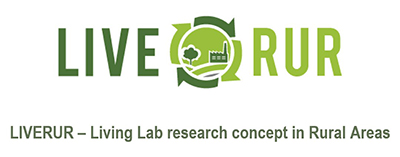
LIVERUR Living Lab, Dar Margoum, Tunisia
Being created as part of the LIVERUR H2020 Project, the LIVERUR project aims to expand Living Labs among rural regions. It conducts socio-economic analyzes to identify, describe and compare the differences between the new approach of Living Lab and more entrepreneurial traditional approaches (mass production, development of prices, optimizing cost structures with companies, rationalization).
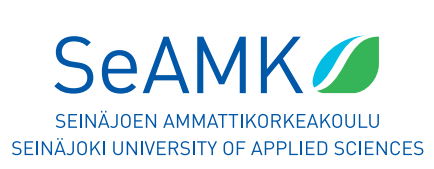
AgroLivingLab, Finland
This living lab focuses on the design of technologies for agriculture and forestry,
in particular machine design and man-machine interfaces. The two main bearers
of the living lab are the Seinäjoki University of Applied Sciences
and the Seinäjoki Technology Center.
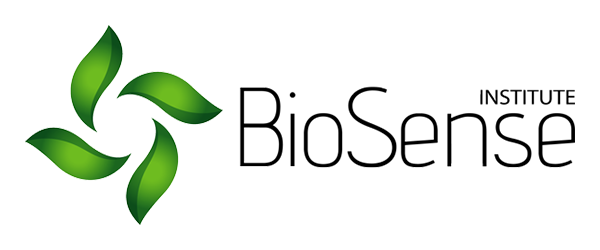
Precision Agriculture Living Lab, Serbia
This living lab is the result of a cooperation between BioSense Center (gathering scientists in ICT, agriculture, environmental engineering, ecology etc.) and local actors in the Vojvodina region (regional government, farmers, agricultural enterprises, ICT companies etc.). .)

AgriTech Living Lab, Egypt
The objective of this living-lab is to develop the agricultural economy of Egypt through
TIC to enable farmers to:
-access to agronomic, economic information (agricultural markets) and services
for agriculture
-access to agricultural assistance services
-access to precautionary plans and programs (for water, health, forests, etc.)
-to communicate with all stakeholders in the agricultural sector to receive newsletters etc.
-buying and negotiating inputs, receiving government subsidies, etc.
Living lab resources
In preparation of its Living Lab activities, Faster has put in place a hub to interexchange knowledge between researchers and interested people on the field.
The information presented in this section has been selected from the paper “Living Lab approach”, produced by INRGREF’s researchers. The report aims to introduce the Living Lab approach and methodologies.
FASTER tools and actions to support the Farm Advisory Services
Summer School
Co-design of Factsheets for Farm Advisory
Field Visits
Knowledge Hub
E-learning Platform
Excellence Hub
Consortium’s roles and responsibilities
regarding FAS activities
Multi-stakeholders platform
Based on its FAS Lab Activities, FASTER is building a Multi-stakeholder platform for improving FAS services.
This database includes a broad variety of actors contributing or potentially interested in contributing to the living lab creation and activities.
At the date of December 2019, FASTER project multi-stakeholder platform includes 370 contacts.
The multi-stakeholder platform aims to be varied and relevant. It integrates researchers, decision makers, PhD holders, students, engineers, advisers, trainers, as well as stakeholders with profiles related to Farm Advisory System in North West Tunisia, including farmers, farmer organizations, engineers and public administration.
Classification of the FASTER platform per speciality area
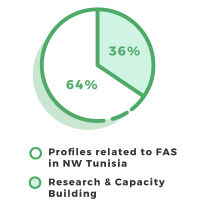
Criteria gender in the FASTER platform
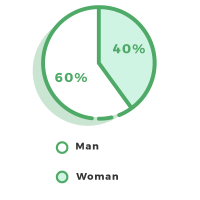
Researchers
soil and forest management
· IRESA (Institution of Agricultural
Research and Higher Education)
· INRGREF (National Research Institute
of rural engineering, Water and Forests)
· CREAF
· Lund University
Stakeholders
on the agricultural sector in North-West Tunisia.
· NGO's promoting rural development
· Innovation prone farmers
· Consultants
· Technicians
· Labor unions
Public administration
agricultural schools trainers and agricultural engineers.
· AVFA (Agricultural Training and Extension Agency )
Practitioners
subject or activity.
· Europe for Business
(quality assurance and economic assessment)
· Vision Communication
(communication and
dissemination)
Description of the living lab area
Water tower of Tunisia
15% of the national territory
Mountainous with a relatively
well developed hydrographic network
One quarter of the best
agricultural land in the country
The best forest resources
Agriculture occupies
a prime position
Rainfall of
750 mm per year
High unemployment rate
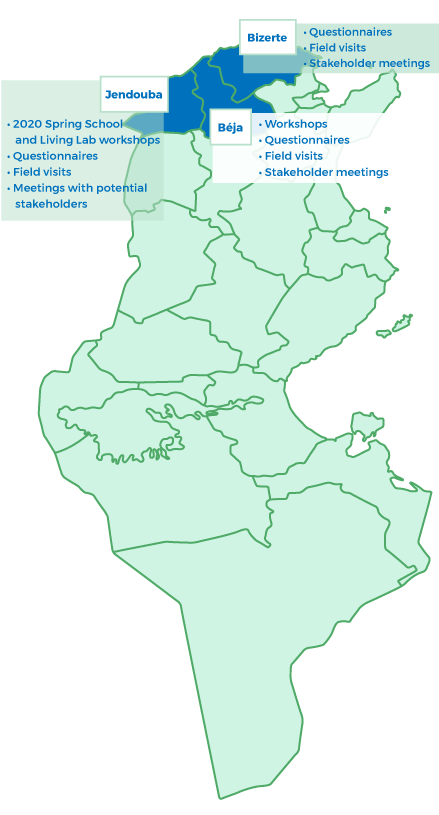
Agricultural area characterized
by irrigated perimeters
About 20% of national production
(cereal, crop market, red meat, wood, etc.).
Continuous migrations that
affect nearly all of its urban and rural areas.
Lack of regional development
24% of national agricultural
jobs are in the region
Risks: water erosion and flooding,
aggravated by anthropic activities
The information presented in this section has been selected from the “State of the art report”, produced by INRGREF’s researchers. This report aims to inform on the state of the art of agricultural extension services in Tunisia and to identify its major constraints and challenges.




